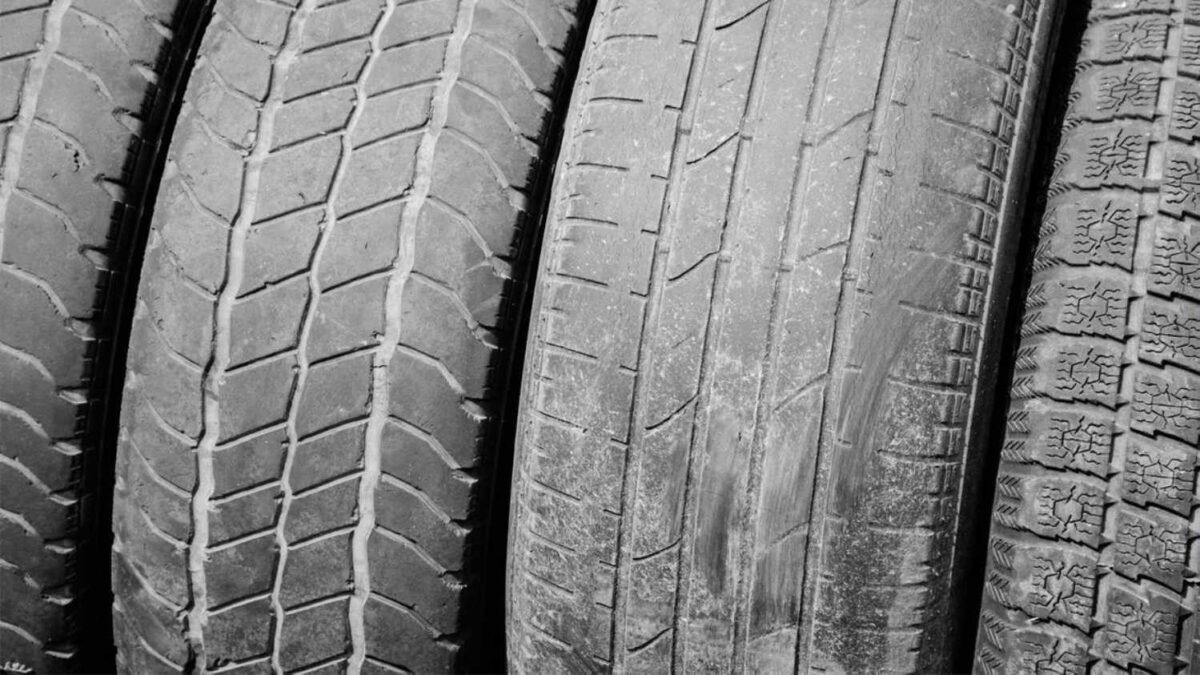When it comes to tires, it’s not a one-size-fits-all situation. The rubber you choose plays a pivotal role in your vehicle’s handling, ride comfort, safety, and fuel efficiency. Two broad categories dominate the tire world: all-terrain tires and road tires. Let’s dive into their specific purposes and the trade-offs involved in choosing one over the other.
Road Tires: Designed for the Paved Path
Road tires, often called highway tires or street tires, are optimized for smooth, paved surfaces. Here’s what makes them excel in this environment:

- Tread design: Road tires generally feature continuous ribs in their tread pattern, designed to maximize surface contact with the road. This design promotes stable handling, quiet operation, and superb traction in both dry and wet conditions.
- Rubber compound: The rubber used in road tires is usually designed to be softer, providing a comfortable ride and superior grip for braking and cornering on pavement.
- Performance aspects: Road tires typically have lower rolling resistance compared to all-terrain tires. This translates to increased fuel economy, making them ideal for the daily commute and extended highway travel.
All-Terrain Tires: Mastering the Trails (and the Streets)
All-terrain tires are crafted as a jack-of-all-trades solution for drivers who regularly find themselves both on and off the pavement. These tires prioritize versatility with these aspects:

- Tread design: All-terrain tires incorporate more aggressive and chunkier tread blocks separated by wider grooves.These blocks help bite into dirt, gravel, or sand, while the broader grooves assist in removing debris and water from the tire’s footprint.
- Rubber Compound: While not as soft as road tire rubber, the compound in all-terrain tires maintains enough pliability to handle bumps and off-road obstacles while remaining durable against rough conditions.
- Performance Aspects: The versatility of all-terrain tires does mean some compromises. Their rolling resistance is higher than road tires, so fuel mileage will take a slight hit. Additionally, the bolder tread pattern might generate more noise while driving on highways.
When to Choose Road Tires
If the vast majority of your driving occurs on well-maintained highways and city streets, road tires are your top choice.You’ll experience the best of comfort, smooth handling, and fuel efficiency that these tires have been designed to deliver.
When to Choose All-Terrain Tires
If a good portion of your time is spent venturing onto gravel roads, exploring light trails, or coping with unpredictable road conditions, all-terrain tires could be the perfect companion. The ruggedness, grip, and on/off-road capabilities give you more freedom and peace of mind.
Additional Considerations
- Terrain Severity: For dedicated off-roading, a more specialized mud-terrain tire with even more aggressive tread is necessary. These tires sacrifice on-road performance in favor of extreme grip when it matters most.
- Seasonality: Some all-terrain tires have extra features like ‘siping’ (thin slits in the tread) for snowy or icy conditions.
- Vehicle Type: Consider the capabilities of your vehicle; all-terrain tires look fantastic on an SUV, truck, or crossover, but they may be unsuitable for some passenger sedans.
The Takeaway

Choosing the right tires aligns with the way you drive. Opt for road tires if daily errands on paved roads dominate your commute. Go for all-terrain tires when an adventurous streak and variable road surfaces define your driving. Whichever tire you select, it pays to invest in quality rubber, which means better longevity, peace of mind, and ultimately, a more enjoyable driving experience.

